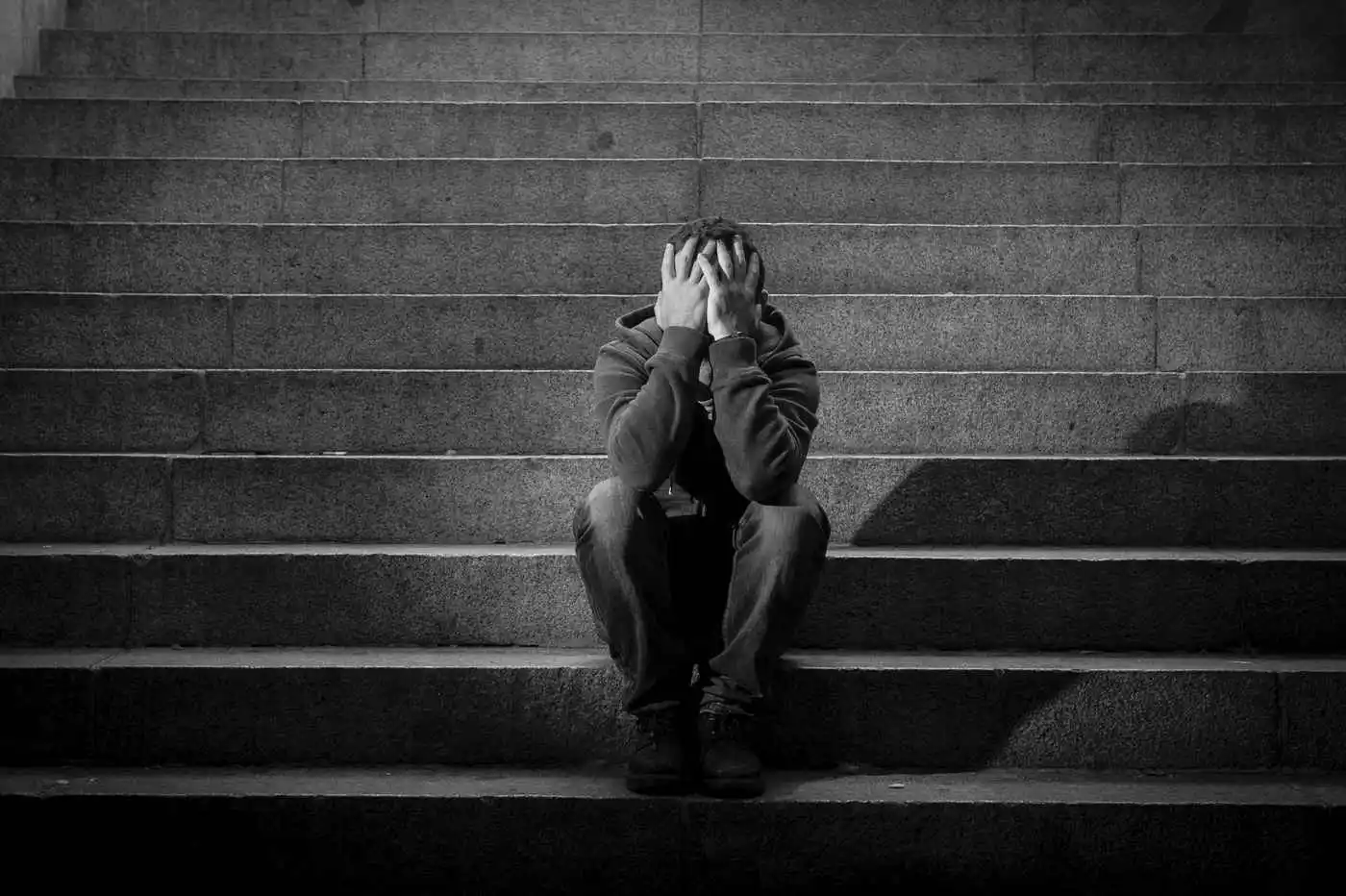- Jay Schiff
- 0 Comments
This article will provide a comprehensive guide to depression treatment options in Brooklyn, with information on the importance of seeking help, understanding available treatments, and why anyone struggling with depression in the borough should never lose.
Introduction
Depression is the most common mental health disorder around the world. Recent data from the United States has confirmed that since 2015, rates have increased nearly 10%. Today, almost 30% of people struggle with depression.
Depression is more likely to affect women than it is men. However, it can affect people of any age or other demographic. People who experience depression may struggle with several forms of depression that come and go throughout different stages in life.
Severe depressive disorders can significantly impact life by interfering with relationships, damaging social engagements, and causing individuals to struggle with feelings of loneliness and hopelessness that make it difficult to even get out of bed, let alone go to work or school. Thankfully, getting tailored and localized depression treatment in Brooklyn can help individuals who are struggling to find relief and live a life of fulfillment.

The importance of getting depression help
If you are struggling with depression, it’s essential that you get help. There can be several negative potential consequences of untreated depression, leading to worsening symptoms, secondary conditions, poor physical health issues, and even a high risk of self-medicating, leading to substance abuse. In the worst of cases, it can even lead to suicidal ideations.
Different types of therapy available in Brooklyn
There are several forms of depression treatment Brooklyn locals can try, but each comes with varying levels of effectiveness.
|
Psychotherapy |
Can be used at all levels of care |
Led by a mental health professional |
Helps you look at causes or contributing factors to depression while also teaching coping mechanisms |
|
Medications |
Can be used for extreme scenarios but not necessarily for long-term management |
Managed by a medical professional |
Helps change brain structure and function to improve symptoms |
|
Support Groups |
Can be used near the end of care |
Led by anyone |
Offers social support for those who are already receiving other care |
Traditional Treatment Options
When most people think about traditional depression treatment, they imagine medication or therapy.
Psychotherapy
Psychotherapy is the most common form of depression treatment Brooklyn residents can use. It comes in several forms, including:
- CBT
- DBT
- Psychoeducation
- Motivational interviewing
- Group therapy
- Individual therapy
Therapy allows individuals to work one-on-one with a trained medical professional or in a group setting to discover more information about depression, figure out personal causes and triggers, and manage symptoms.
Medications
Medications can be a viable form of depression treatment, but several studies indicate that the use of medication is greatly enhanced when taken in conjunction with psychotherapy. Medication taken on its own is not nearly as effective as it could be.
Moreover, save for certain severe cases of depression, medication may be better suited as a short-term option rather than long-term depression treatment Brooklyn, NY residents rely on.
Support groups
Support groups are an essential component of depression treatment Brooklyn, NY residents can enjoy; however, it is not designed to be comprehensive care for depression. Rather, it is meant to be the final step in the continuum of care, which you receive after or in conjunction with other forms of treatment.
Support groups may not necessarily be run by a medical professional but might be facilitated by a community member. This means you aren’t necessarily getting any form of care that provides actionable coping skills or changes to your brain structure, but it does give you the following:
- A sense of community
- An opportunity to share
- A chance to learn from others
- Social support
Modern and alternative treatment options
TMS
For severe cases of depression, especially those for whom medication or other treatment has yet to be effective, TMS can be particularly useful. This form of depression treatment uses magnetic pulses to stimulate to target deep areas of the brain where things like blood flow might be compromised.
When certain parts of the brain are not functioning the way they should, it can lead to severe depression symptoms, but magnetic stimulation can rectify that issue and improve symptoms. In some cases, it can even drastically reduce the need for medication or remove the need entirely.
Holistic approaches
Several holistic approaches can complement other forms of treatment:
- Mindfulness
- Yoga
- Wilderness therapy
- Sand tray therapy
- Art therapy
- Music therapy
- Meditation
Many of these share common features, such as a focus on the present. Things like yoga, wilderness therapy, meditation, and mindfulness encourage individuals to bring their attention and awareness to the present rather than ruminating over the past or fearing for the future. This can help people struggling with depression get out of their heads, so to speak, and focus on how they are feeling at any given moment.
Art & music therapy
Several studies have found that art therapy can control stress and anxiety symptoms, even pain. Other studies indicate that participation in art or music therapy can enhance personal motivation to remain in a mental health treatment program or continue with support groups. 
What to consider when looking for depression treatment in Brooklyn
If you are ready to find depression treatment Brooklyn therapists, insurance providers, and locations should all be considered.
Location
Pick a location that’s nearby. If you live in Brooklyn, don’t settle for depression treatment that is several hours away or even across town if you can avoid it. Sometimes, finding a place much closer to where you live can bring comfort, particularly for things like TMS, yoga, or support groups where you might participate in several weekly sessions.
Insurance
Also, consider your insurance. If you are considering medication or therapy, federal law requires all insurance providers to cover basic mental health treatment. However, your insurance provider might require you to get an initial assessment from your primary care physician or be referred through a mental health division before that applies.
Specialist vs. general therapist
When comparing providers for things like therapy, you want to consider whether you are working with a specialist or a general therapist. If you are searching for depression treatment, Brooklyn specialists who work exclusively in depression fields might be better equipped, especially if you have tried other treatments with little to no success.
How to prepare for the first session?
If you are worried about your first appointment, don’t worry. No matter which form of treatment you choose, the healthcare professionals or community members with whom you meet are there to support you.
Below are some tips you can follow depending on the treatment you choose:
- Wear comfortable clothing, especially if participating in yoga, mindfulness, meditation, or outdoor therapy. The last thing you want to be is physically uncomfortable and emotionally stressed.
- If you are participating in something like TMS, it might be beneficial to bring some form of entertainment and to possibly take half an ibuprofen or Tylenol beforehand because of the unique sensations.
- If you are meeting with a therapist or a group, don’t be afraid to write down any questions you might have or apprehensions. During your initial session, especially with a therapist or TMS specialist, they will detail what to expect moving forward, with the goals and any other relevant details.
Summing Up
If you are struggling with depression, don’t wait to get depression treatment. It is essential that you seek support, and the best part is there are so many diverse treatment options in Brooklyn, so you can find a level of support that fits your schedule, budget, and personal preferences.
